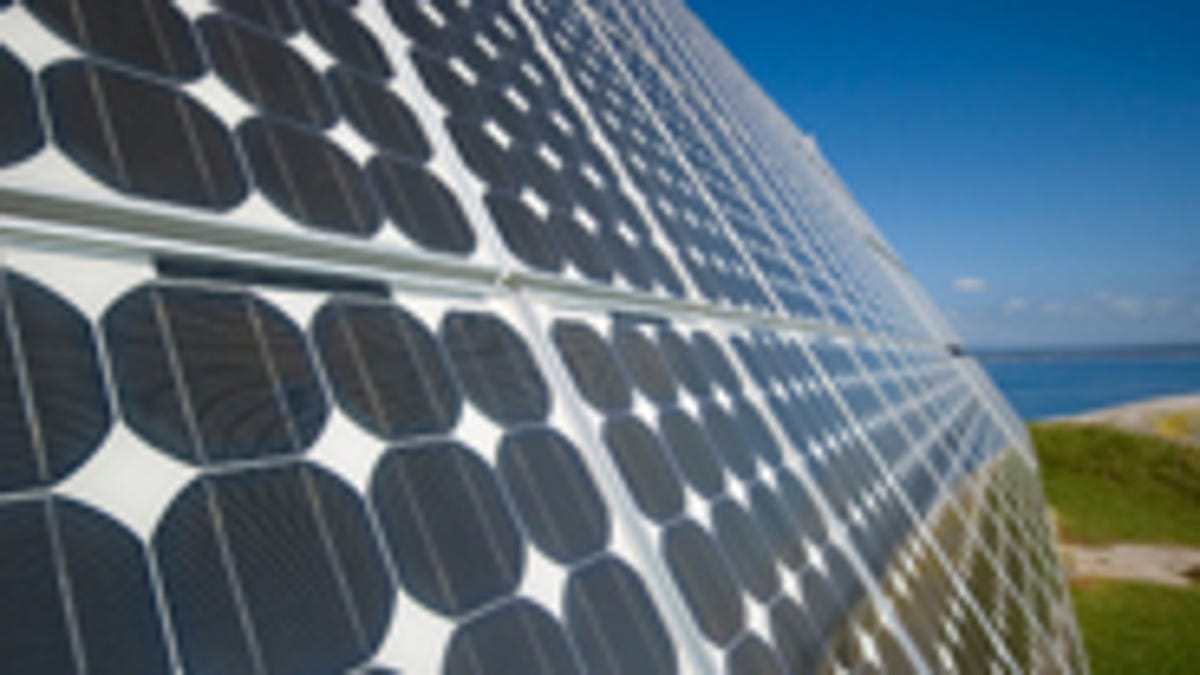1366 Technologies funded for cheaper solar power
Solar start-up spun out of MIT gets $20 million capital investment to start manufacturing silicon wafers in a process it says can bring the cost of solar closer to coal.

Solar start-up 1366 Technologies has raised enough money to bring its novel solar manufacturing process into production, a significant step toward its goal of slashing the cost of solar power.
The Lexington, Mass.-based company, which was spun out of the Massachusetts Institute of Technology in 2008, said today that Korean manufacturer Hanwha Chemical led a $20 million series B investment in 1366 Technologies, along with Germany venture capital company Ventizz Capital fund and existing investors Polaris Venture Partners and North Bridge Venture Partners.
With the capital, 1366 Technologies can start "small-scale" production of its Direct Wafer solar manufacturing technology, which is 80 percent cheaper than the traditional silicon solar fabrication process, said company vice president of business development Craig Lund.
The plan is to begin making silicon wafers in 2012 and sell them to Hanwha Chemical, which makes solar panels and is a partial owner of Chinese solar manufacturer SolarFun, Lund said. 1366 Technologies hopes to break ground in a location in the U.S. in about one year, he added.
The Direct Wafer technology streamlines traditional manufacturing for making solar panels with silicon cells, the most common type of solar cell.
In the traditional silicon supply chain, companies first produce silicon from raw materials, which are then cast into ingots. Those ingots are sawed into wafers, treated, and then placed together on a solar panel, or "module."
The Direct Wafer technology can convert molten silicon into standard 6-inch-by-6 inch wafers, which can be sold to other solar producers. 1366 Technologies received a $4 million grant from the Department of Energy's ARPA-E program, which jump-started the Direct Wafer technology development, Lund said.
The company has a separate business through which it sells solar cell manufacturing equipment that improves on cell efficiency by trapping more light on cells.
There have been dozens of solar companies funded over the past decade, many of which developed machinery to make solar cells from thin-film materials. But a number of those businesses are struggling because silicon prices continue to go down and those new ventures require lots of capital to scale up.
1366 Technologies stands out in that it has focused on bringing down the cost of manufacturing traditional silicon cells and it hasn't required hundreds of millions of dollars to get to this point. The company has raised $37.55 million to date and this round was oversubscribed by potential investors, Lund said.

